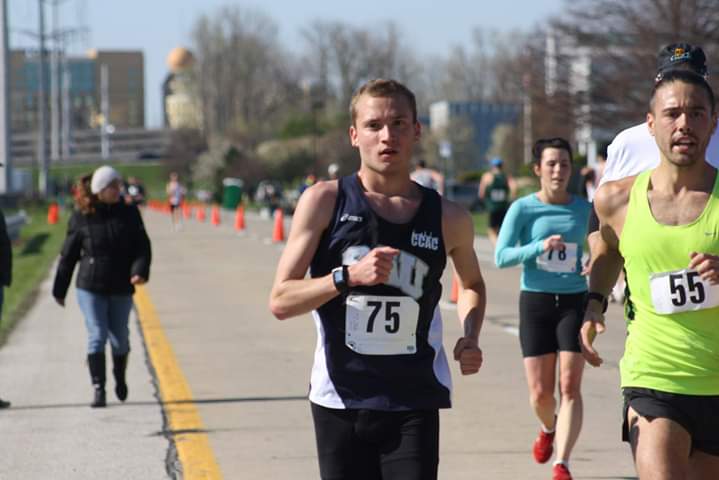Hello all, welcome to my first blog post! I’m not sure how I want these to be set up quite yet since I’m new to the blog scene. However, as I post content and get feedback I am hoping to progress toward a more cohesive reading experience for each of you.
Today’s topic is something that hits close to home, body positivity. As an athlete and gay man there is a substantial desire and expectation to have the “ideal or perfect body”. For many, especially with the saturation of celebrities and social influencers in the media, this is quite the heavy burden. In some cases, these seemingly unachievable body types can result in eating disorders (Voelker, D. K., Petrie, T. A., Huang, Q., & Chandran, A. (2019). Bodies in Motion: An empirical evaluation of a program to support positive body image in female collegiate athletes. Body image, 28, 149-158).
Personally, I’ve fluctuated from feeling too scrawny to not slim enough my whole life. In middle to high school I was always told I was too skinny to be an athlete and that I needed to bulk up if I ever wanted to be someone in sport. I did every exercise imaginable and became a nut for working out. However, as someone who would run or racewalk 15 miles just for fun, I never really seemed to bulk up (Who woulda known!). So, despite obviously being fit, I was never happy with how I looked.
By the time I reached college and I had been exposed to more elite racers and events, my obsession began to shift. I started to develop this misconception that I wasn’t skinny enough. I constantly fought this nagging sensation in my head. Progressively through college, the voice got louder and louder. “The best endurance athletes you know are both slim and ripped, why are you neither? Is this how you get better? Are you eating too much? Is this how you get to the next level? Why don’t you look like them?”
This eventually led me to question everything I put in my body. I became obsessed with tracking my food. I was losing weight I didn’t even know I had to lose, the effects of which unintentionally led to a slew of issues. I constantly felt weak, lightheaded, exhausted, and experienced foggy thoughts all while trying to get a college degree. This brought about injury, stress, and poor performances. I didn’t know I had a problem so it just kept getting worse. Until the day someone noticed the issue.
It was after USATF nationals. I had just finished a pretty lacking performance after a summer of being completely in charge of feeding myself. I was doing all kinds of mileage to prepare with little in the sense of fueling my body. My Coach at the time turned and asked me how I was doing. She said she noticed a considerable change in my weight and energy and that I didn’t even look like me anymore. This made me think back to how intense I was training, how I was fueling myself, and how hard I truly was on my own body. That’s when I realized, I had an issue. That’s when I realized, I needed to take back control of my nutrition. It has been a long struggle, I still have that voice nag me at the back of my mind but now I have the experience and support to know how to tell it to shut up.
Between my Coaches, my education as an exercise physiologist, and my current nutritionist, I am more confident than ever in how to fuel my training and that not every body has to be the same to excel in a sport. I don’t have to look like everyone else to perform at my best. No one body is the same. You. Are. Enough.
I’d like to leave you all with some quotes that keep me going…
“Eat if you’re hungry!”-@aysharuns
“Everything in moderation. You can eat that slice of cake if you want to. Now, if you’re on slice 6, maybe you’ve had enough”-@bethannejansen



